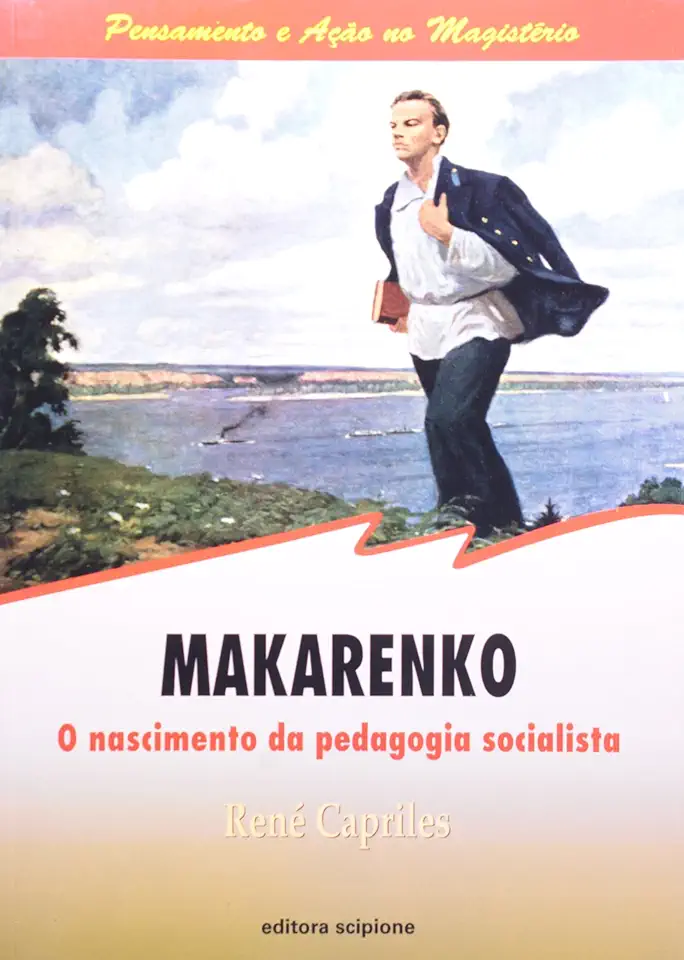
Makarenko: The Birth of Socialist Pedagogy - René Capriles
Makarenko: The Birth of Socialist Pedagogy by René Capriles
A Revolutionary Approach to Education
In his groundbreaking book, "Makarenko: The Birth of Socialist Pedagogy," René Capriles delves into the life and work of Anton Makarenko, a pioneering Soviet educator who revolutionized the field of pedagogy. Capriles provides a comprehensive analysis of Makarenko's innovative methods, which emphasized the importance of collective education, labor, and social responsibility in shaping the development of young people.
Makarenko's Early Life and Influences
Capriles begins by exploring Makarenko's early life and the influences that shaped his educational philosophy. Born in 1888 in the Russian Empire, Makarenko grew up in a working-class family and faced numerous challenges and hardships. These experiences instilled in him a deep commitment to social justice and a desire to improve the lives of children from disadvantaged backgrounds.
The Gorky Colony: A Model of Socialist Education
Capriles dedicates a significant portion of the book to Makarenko's work at the Gorky Colony, a school for juvenile delinquents that he established in 1920. Makarenko's approach at the Gorky Colony was based on the principles of collective education, which emphasized the importance of cooperation, mutual respect, and shared responsibility among students. He believed that by involving students in the governance and operation of the colony, they would develop a sense of ownership and pride in their community.
Labor and Social Responsibility
Capriles highlights Makarenko's emphasis on labor as a fundamental aspect of education. He argued that labor was not only a means of acquiring practical skills but also a way for students to learn about cooperation, discipline, and the value of hard work. Makarenko also stressed the importance of social responsibility, encouraging students to contribute to the welfare of their community and to develop a sense of civic duty.
The Collective and the Individual
Capriles explores the delicate balance that Makarenko struck between the collective and the individual in his educational philosophy. While he emphasized the importance of collective education, Makarenko also recognized the need for individual development and self-expression. He believed that the collective should provide a supportive environment that fostered the growth of individual talents and abilities.
Makarenko's Legacy and Relevance Today
Capriles concludes the book by discussing Makarenko's legacy and the relevance of his ideas in contemporary education. He argues that Makarenko's insights into the importance of collective education, labor, and social responsibility are still valuable today, particularly in the context of increasing social inequality and the need for educational systems that promote social justice.
A Must-Read for Educators and Social Reformers
"Makarenko: The Birth of Socialist Pedagogy" is a must-read for educators, social reformers, and anyone interested in the history of education. Capriles' comprehensive analysis of Makarenko's work provides a fascinating glimpse into a pioneering educational experiment that sought to transform the lives of young people and create a more just and equitable society.